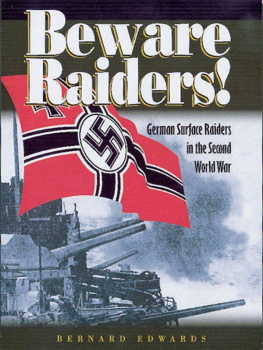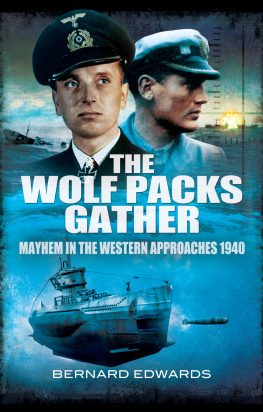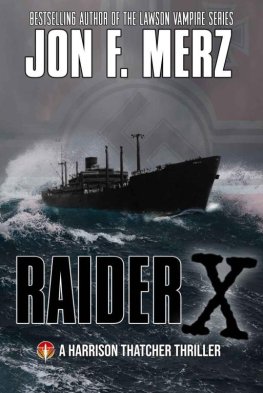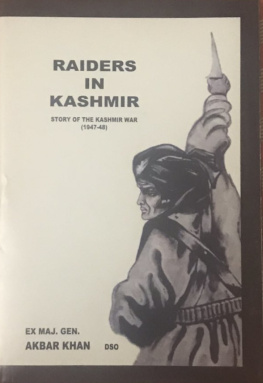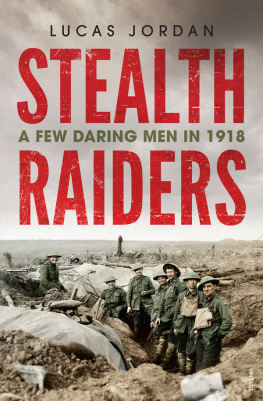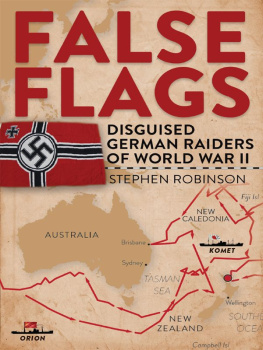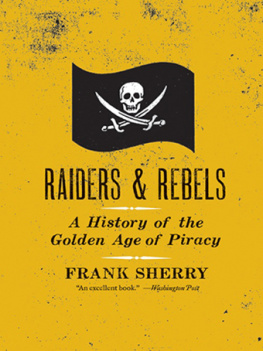By the same author
Masters Next to God
They Sank the Red Dragon
The Fighting Tramps
The Grey Widow Maker
Blood and Bushido
SOS Men Against the Sea Salvo!
Attack and Sink
Dnitz and the Wolf Packs
Return of the Coffin Ships

First published in Great Britain in 2001 by
LEO COOPER
an imprint of Pen & Sword Books
47 Church Street,
Barnsley,
South Yorkshire,
S70 2AS
Copyright 2001 by Bernard Edwards
ISBN 0 85052 803 8
eISBN 978 1 78337 907 1
A CIP record for this book is available from
The British Library
Typeset in 11/13pt Sabon by
Phoenix Typesetting, Ilkley, West Yorkshire
Printed in England by CPI UK
Contents
ACKNOWLEDGEMENTS
The author wishes to thank the following for their help in the research for this book:
Brian Birchfield, H.C. Browning, Raymond Buck, Donald Butcher, John Cave, Alex Clarke, Mrs Jenny Cooper, Mrs Agnes Duncan, David K.C. Eccles, John Gillies, Denis Gouge, Bill Henke MBE, Dan Hortop, Fred Hortop, L.R. Jarvis, D.C. Kent, Captain Frank Lloyd, Donald Macleod, Captain M.A. McClory, Ian A. Millar, Jack Mitchell, George Monk, Manfred Muller, Richard OKeefe, Commander R.W. Palastre MBE, Sir John Palmer, Harry Penter, Mike Raymond, Lieutenant-Commander Bruce Scott OBE, Captain Brian St John Smith, Edward Smith, John D. Stevenson, David Todd, Jim Waggott, Captain A.M. Watters, Joe Weldon, Mrs Maria Wilson.


Chapter One
The raider came over the horizon like a questing hawk, her clipper bows thrusting through the lumpy South Atlantic chop, a thin haze of blue smoke streaming astern from her squat funnel. She was closing rapidly on the British tramp, which seemed oblivious to her presence.
Her quarry was the Liverpool-registered Domingo de Larrinaga , bound from Bahia Blanca to Belfast and Hull and down to her marks with 7,500 tons of grain. It was five minutes before nine on the morning of 31 July 1940, and the 5358-ton British ship was then some 300 miles north-west of Ascension Island and making a respectable 9 knots for Freetown. On reaching that port she was to join a convoy which, it was hoped, would take her safely home through the U-boat-infested waters of the North Atlantic.
The morning was fine and warm, with the last of the South-East Trades chasing fluffy cotton-wool clouds across an otherwise flawless blue sky. On the bridge of the Domingo de Larrinaga Captain William Chalmers drew contentedly on his first pipe of the day, giving little thought to the enemy. His ship was full, homeward bound and in relatively safe waters so far as any ocean could be called safe in these troubled times.
When his attention was drawn to the other ship coming up on the port quarter, Chalmers examined her through his binoculars and, seeing the large blue and white flag and the name Kassos painted on her side, he had no reason to believe she was other than another homeward-bound Greek tramp. Then, as she began to overhaul the British ship, Chalmers suspicions were aroused. This was no ordinary Greek tramp. She was too smartly turned out, too well-painted, and possessed a turn of speed no self-respecting Greek shipowner with his eye on the fuel bills would ever contemplate. Chalmers lowered his binoculars, alarm bells beginning to ring in his head.
The Domingo de Larrinaga heeled under full starboard helm as Chalmers brought her round to present her stern to the stranger. Below decks, her sweating firemen hurled coal into the roaring furnaces of her three elderly Scotch boilers, and she lurched forward, great clouds of black smoke rolling back from her funnel. More as a matter of form than intent, Chalmers sent his guns crew aft to man the 4-inch gun on the stern. The gun was ancient, a left-over from another war, its crew, drawn mainly from the focsle, had little training in its use.
As the British ship worked up speed, her radio officer, Neil Morrison, switched on his long-silent transmitter and began sending the QQQQ signal, code for I am being attacked by an unidentified enemy ship. Morrison, a Scot from the Outer Hebrides with fifteen years sea service, was well aware of the futility of his call for help. Freetown was nearly 900 miles away and British warships were very thin on the water in the South Atlantic. But the orders from the bridge were clear. Morrison was to continue sending until an answer came or he was told to stop and the radio officer knew what that might mean.
On deck, 22-year-old Fireman Robert Deus, cooling off after a long, hot watch in the stokehold, gripped the ships side rail and stared astern at the pursuing ship and felt the sweat chill on his naked back. Only moments before he had been deep in a daydream of home and his bride of three months in her last letter she had told him they were to have a child. Now Deus, a Liverpool Basque like the formidable Captain Ramon de Larrinaga, who founded the Larrinaga Steamship Company in 1864, for the first time began to have serious doubts about his safe homecoming.
The grim chase went on for another two hours, with the Domingo de Larrinaga s sturdy Clyde-built engine hammering out a desperate tattoo as her engineers pushed it to its uttermost limits. And all the time Neil Morrisons morse key matched the staccato beat of the engine as he continued to call for help. On the bridge Captain William Chalmers clenched his teeth on his empty pipe, feeling his gallant ships agony through the vibrating teak-wood deck beneath his feet. His silent pursuer had not yet declared herself, but her menace was obvious. Aft, on the Domingo de Larrinaga s poop deck, her scratch guns crew crouched over their open sights and waited for the order to fire.
At 1055, when she was within 2 miles of the British tramp, the raider at last dropped her disguise. Down came the Greek ensign, the German swastika was run up in its place, a canvas screen was lowered over the neutral hull markings and the screens rolled back from her guns. Having thus advertised her nationality and intent, the raider broke out the two-letter flag signal SN at her yardarm. The message, in International Code, was unambiguous: You should stop immediately. Do not scuttle. Do not lower boats. Do not use the wireless. If you disobey I shall open fire on you.
William Chalmers worst fears were now confirmed he had fallen in with a German raider. For a moment, knowing how heavily the odds must be stacked against him, he considered surrender. But then surprise gave way to anger and a determination not to give up his command easily. Passing word to the wireless room to continue sending, and to the engine-room to pile on more speed, he turned his back on the enemy.
At 4000 yards, the raider opened fire with her forward gun, pitching a 75-mm shell across the Domingo de Larrinaga s bows. Four more warning shots followed, each throwing up a spout of water close ahead of the British ship. And yet she still continued to run away, her defiant calls for help filling the ether, sometimes drowned by the high-pitched jamming of the raiders transmitter.
Then, with brutal suddenness, it was all over. The German ship fired a full salvo with her heavy guns, all aimed with deadly accuracy. The Domingo de Larrinaga staggered under a hammer blow and the whole of her midships section disappeared in a cloud of smoke and flame. She sheered to port and then drifted slowly to a halt. The German raider Pinguin had joined the war at sea with a savage attack that was to set the tone for the rest of her piratical career, a career begun in the Baltic some six weeks earlier.
Next page
